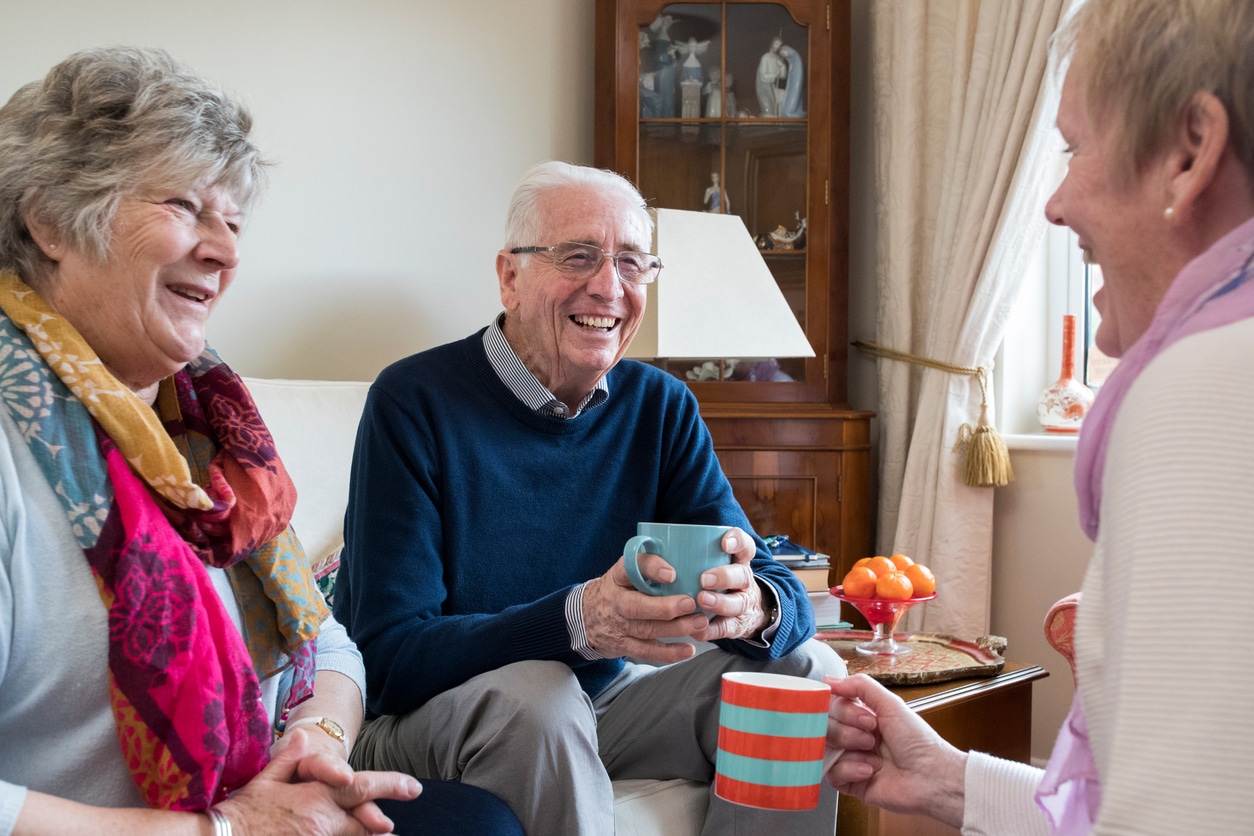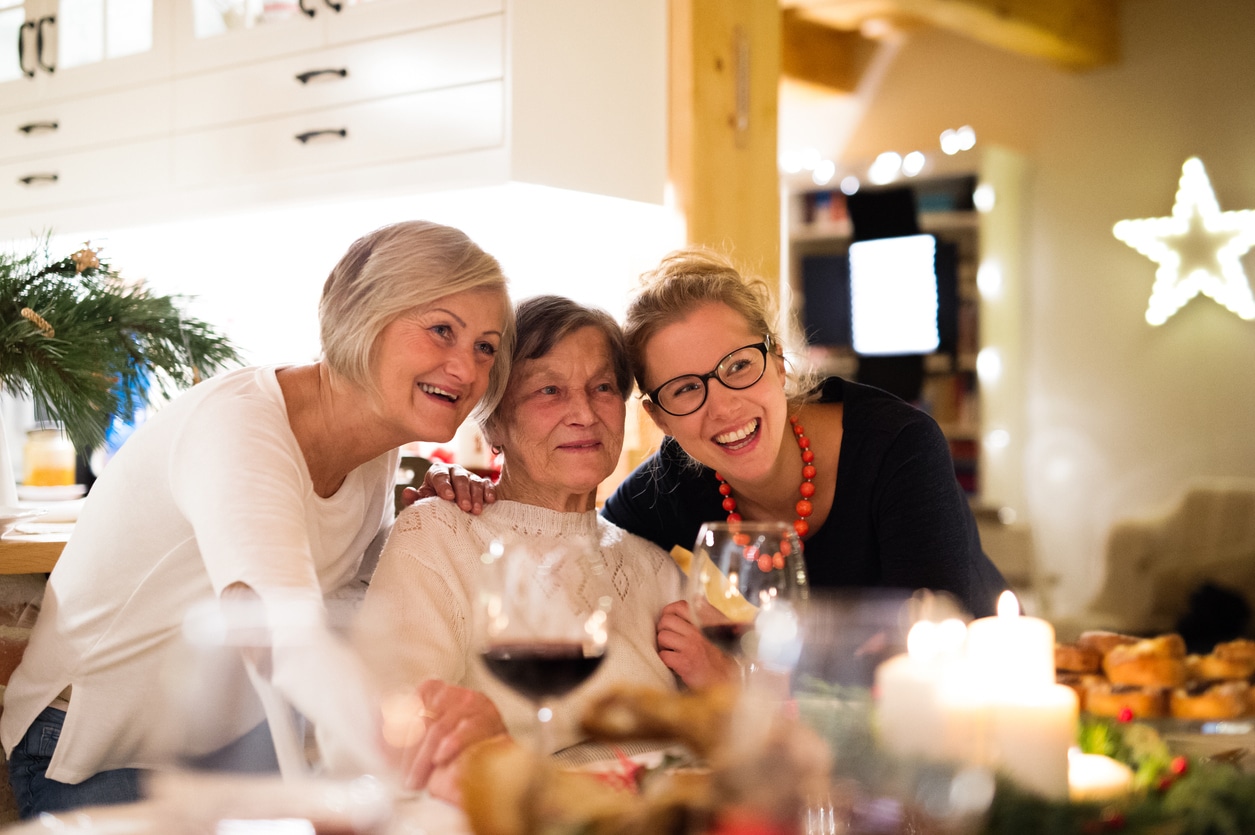Ageism often operates under the radar, subtly weaving its way into various aspects of our lives. From job rejections based on age to patronizing remarks and jokes, its manifestations can be both overt and covert.
While progress has been made in diminishing the stigma surrounding age, it still lingers in societal attitudes. Recognizing and addressing ageism is crucial for fostering a more inclusive and equitable society.
Embracing Age Diversity: A Call to Action
Recognizing Ageism
The first step in combating ageism is acknowledging its presence. Whether it’s directed towards you, a loved one, or a stranger, ageist behavior can take many forms, including condescending language or dismissive attitudes.
Terms like “granddad” or “deary,” though intended as playful, can reinforce stereotypes and marginalize older individuals. Often, people use such language without awareness of its impact, reflecting ingrained biases learned from societal norms.
Speaking Out
In today’s culture, where there’s a growing push for inclusivity and respect, challenging ageist attitudes should be equally encouraged. Politely but firmly addressing ageist comments and behaviors can prompt reflection and awareness.
Engaging in constructive dialogue can help educate others on the importance of respectful language and behavior towards people of all ages. It’s a chance to assert boundaries and demand fair treatment without resorting to aggression.
Connecting With Other Generations
Seeking connections across generations can enrich our lives and challenge age-related stereotypes.
Engaging with diverse age groups through clubs, activities, or community initiatives fosters understanding and empathy.
Interacting with individuals from different generations provides unique perspectives and opportunities for mutual learning. Within families, sharing knowledge and experiences across generations strengthens bonds and promotes intergenerational support.
Staying Active
Maintaining an active lifestyle is vital for demonstrating vitality and defying age-related stereotypes. Whether it’s participating in community activities, pursuing hobbies, or exploring new interests, staying engaged promotes physical and mental well-being.
Regular physical activity and social engagement are essential for combating isolation and depression commonly associated with aging. Embracing new challenges and passions keeps life fulfilling and energizing at any age.
Maintaining Independence
Preserving independence is key to affirming one’s agency and dignity as they age. While support may be necessary at times, older individuals should be empowered to navigate their lives autonomously.
Investing in tools like medical alert systems can provide reassurance while allowing individuals to maintain their independence. This technology offers fast access to assistance in emergencies, granting peace of mind to both users and their loved ones.
Challenging Ageism in Institutions
Ageism infiltrates institutional systems, leading to unfair practices in healthcare, employment, and social services. Addressing age bias within these structures is vital for ensuring equal opportunities.
In healthcare, age stereotypes can result in inadequate treatment for older patients. Advocating for person-centered care regardless of age is crucial for combatting ageism.
Similarly, age discrimination in the workplace limits opportunities for older employees. Implementing age-inclusive policies fosters a more equitable work environment. Ageism also affects social services, hindering access to essential resources for older adults. Advocating for age-friendly policies promotes dignity and independence.
Celebrating Age
Aging is a privilege denied to many, and it should be celebrated rather than stigmatized. By challenging ageism, fostering intergenerational connections, and embracing active and independent lifestyles, we can create a society that values individuals of all ages. Let’s strive to build a future where age is seen as a testament to wisdom and experience rather than a barrier to respect and opportunity. Embracing diversity across all ages enriches our collective humanity and ensures a more inclusive society for generations to come.




